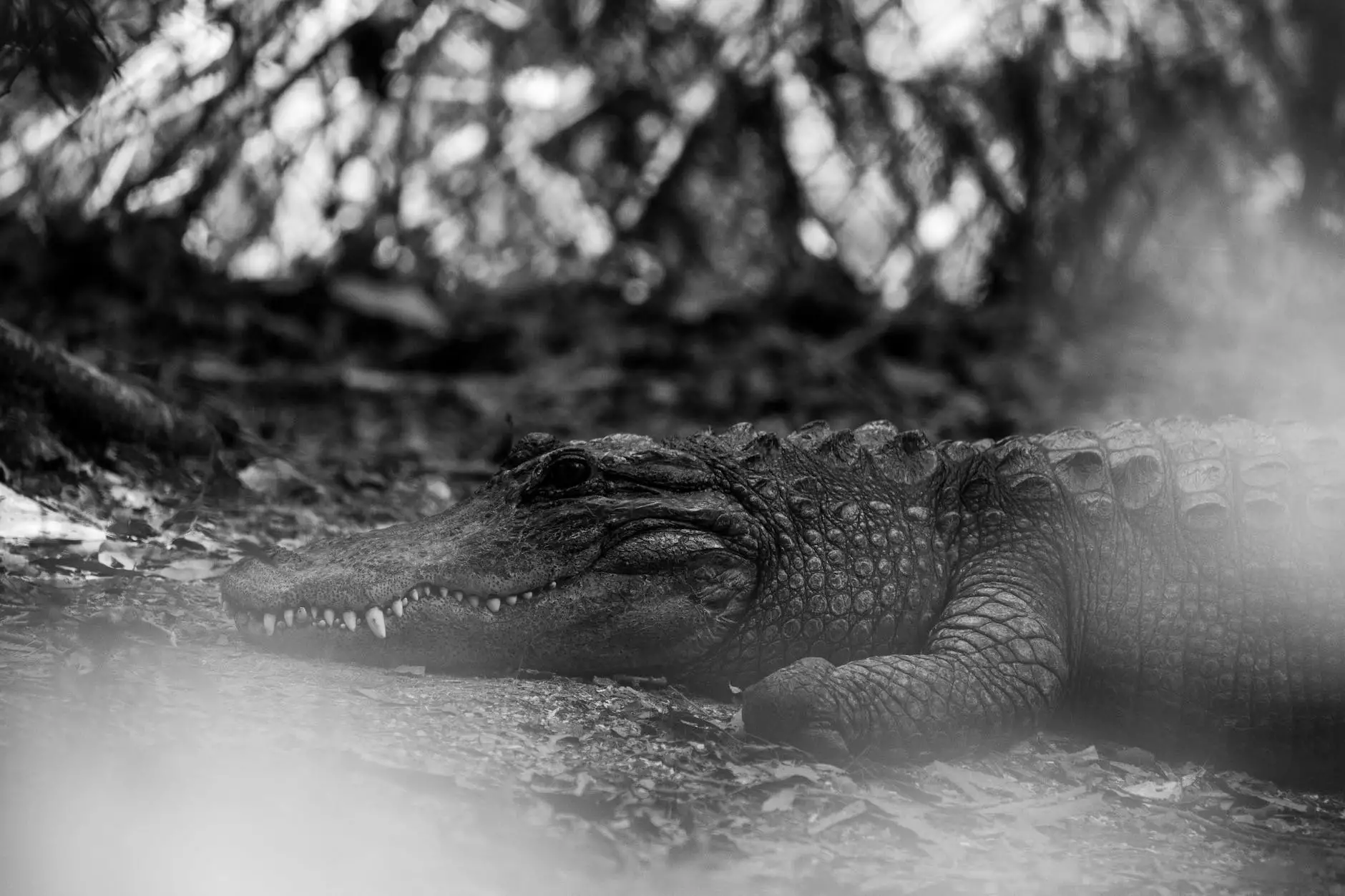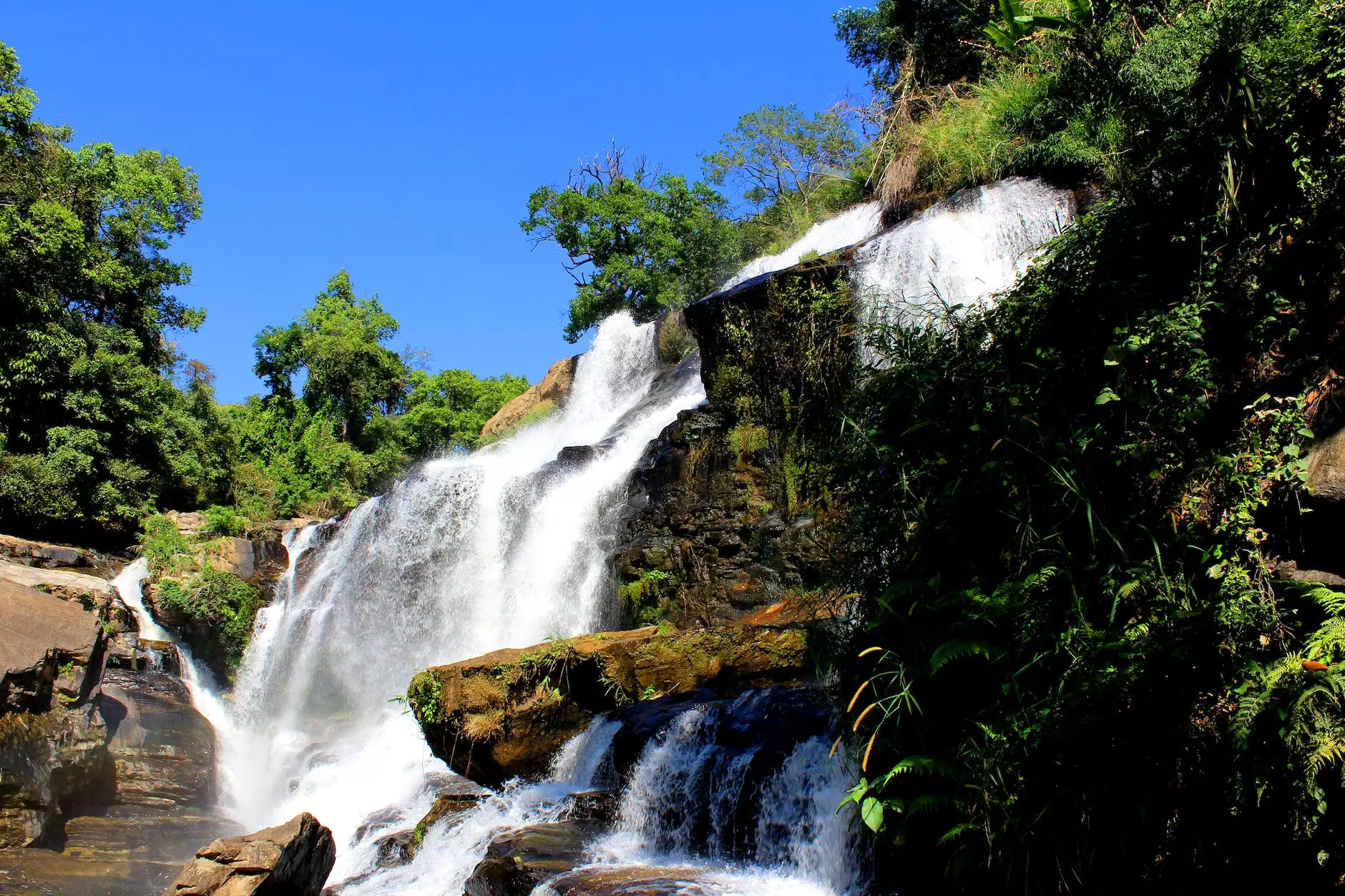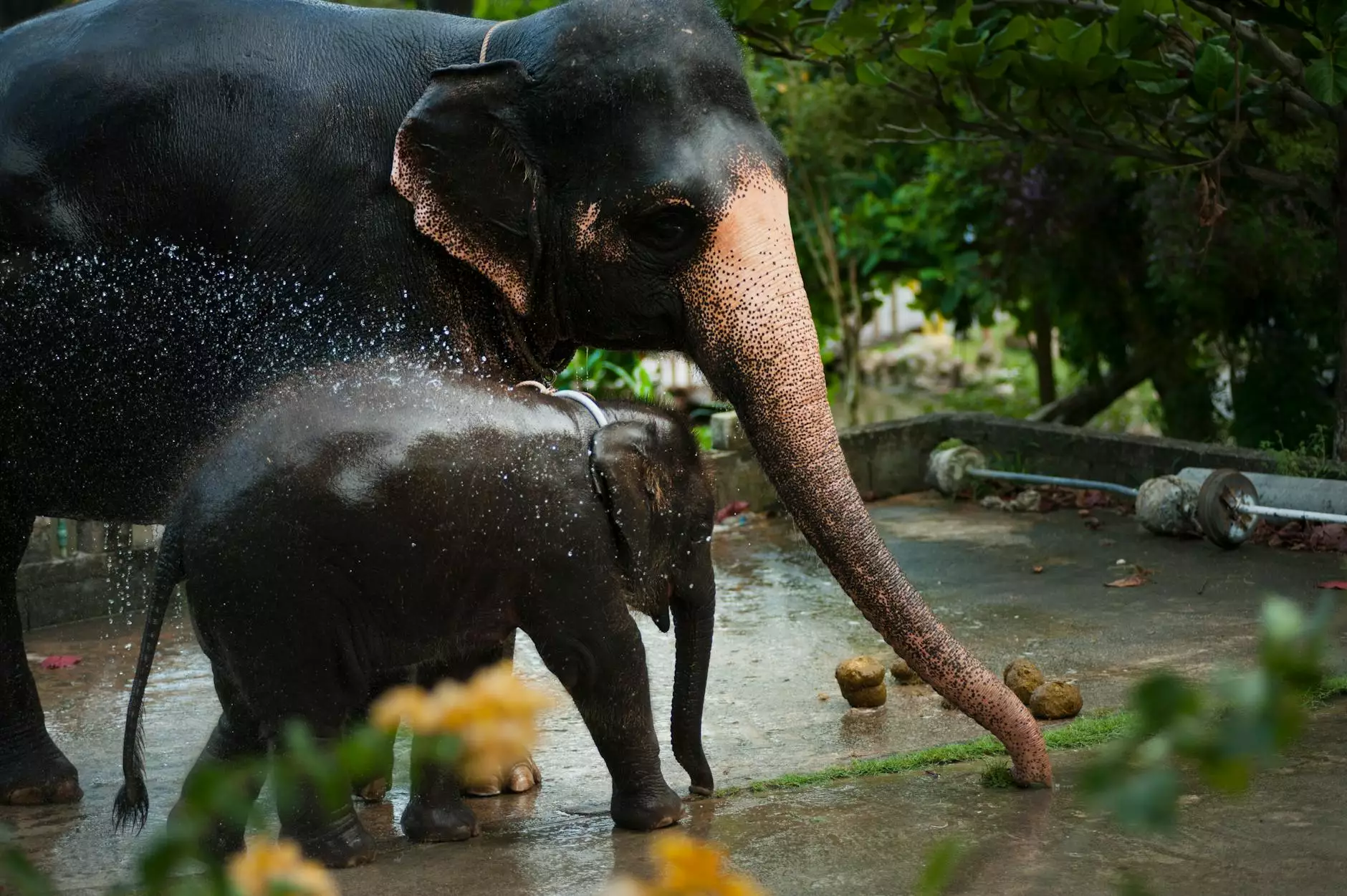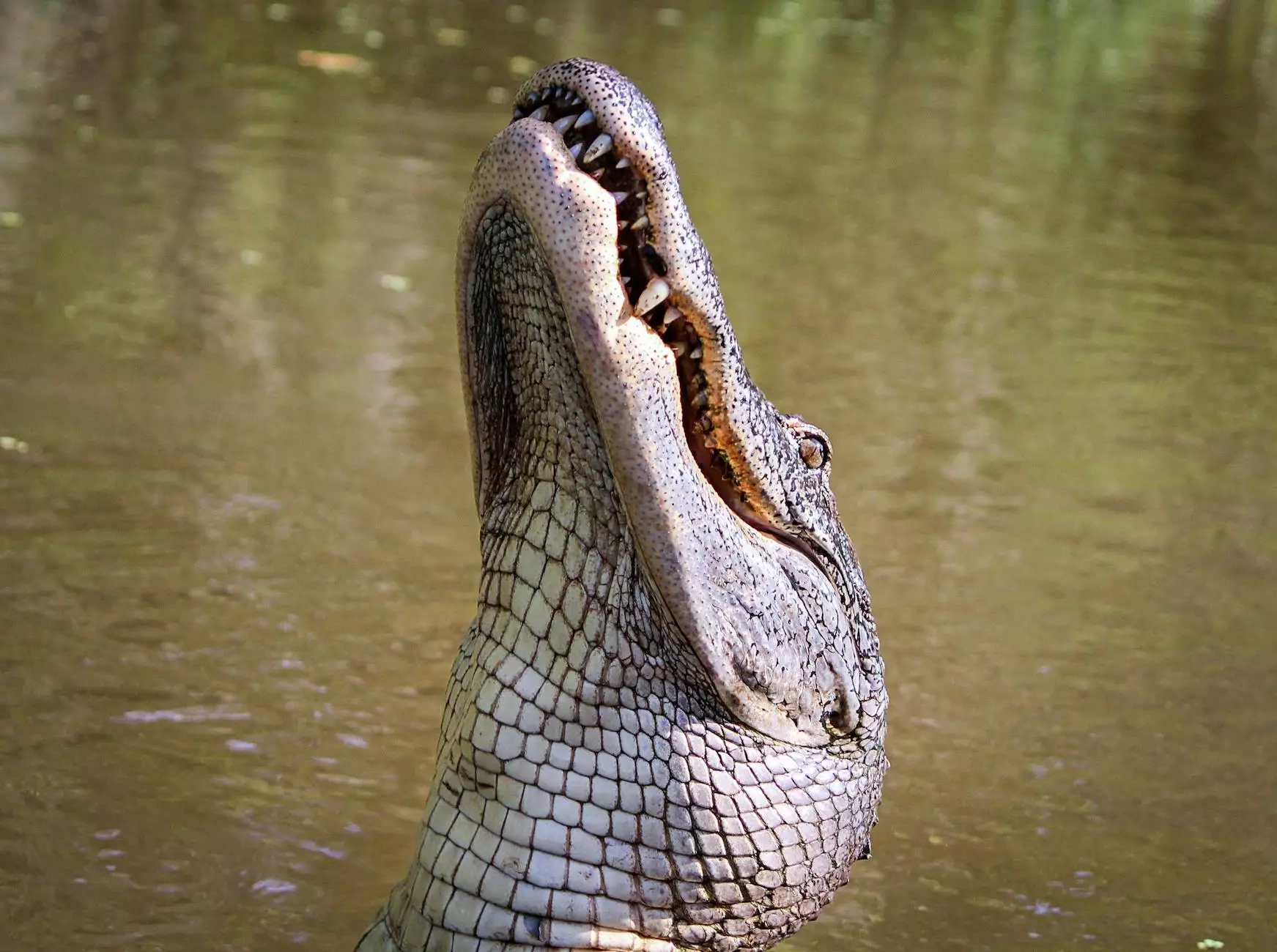3 Differences Between an Alligator and a Crocodile Floridians Should Know

Introduction
Welcome to Aventuras Naturales, your trusted source for insightful information on travel and tourism in Florida. In this article, we will explore and uncover the key differences between two iconic reptiles – the alligator and the crocodile. Florida is home to both species, and knowing their distinctions is essential for Floridians and nature enthusiasts alike.
The Alligator
Let's begin our journey by understanding the alligator, a fascinating creature that roams Florida's marshes and swamps. Alligators are known for their broad, rounded snouts and U-shaped jaws. Their teeth, when fully grown, are concealed when their mouths are closed. Typically, adult alligators range from eight to twelve feet long and can weigh over 1,000 pounds.
1. Habitat and Behavior
Alligators thrive in freshwater environments, favoring habitats such as lakes, rivers, and marshes. You can often spot them basking in the sun near the water's edge. These reptiles are primarily nocturnal, being most active at night. However, they can be seen during the day, especially in the cooler months when they regulate their body temperature by sunning themselves.
2. Appearance
Besides their distinctive snout, alligators have a broader body, with a rounded appearance. Their skin is rough and armored with bony plates called osteoderms, providing them protection from predators. These plates often have a darker coloration, allowing alligators to blend in with their surroundings. Additionally, alligators have powerful tails, which they use for propulsion both in water and on land.
3. Diet and Feeding Habits
Alligators are opportunistic predators, consuming a varied diet that includes fish, turtles, birds, and mammals. They are known for their "sit-and-wait" hunting technique, patiently waiting for prey to come within striking distance. While they have strong jaws, their bite force is not as powerful as that of crocodiles.
The Crocodile
Now, let's delve into the world of crocodiles – another awe-inspiring species found in Florida's diverse ecosystems. Crocodiles are known for their long and pointed snouts. When their mouths are closed, the fourth tooth on each side of the lower jaw is exposed. Unlike alligators, crocodiles can be found in both freshwater and saltwater environments, adapting well to coastal habitats.
1. Habitat and Behavior
Crocodiles excel in brackish and saltwater environments, inhabiting areas such as mangrove swamps and estuaries. They have specialized salt glands that allow them to excrete excess salt. This unique adaptation helps them survive in coastal regions. Crocodiles are more aggressive and territorial compared to alligators and may display aggressive behavior if threatened or challenged.
2. Appearance
Compared to alligators, crocodiles have a more V-shaped snout. Their bodies are slender and streamlined, designed for efficient movement through water. Their skin is smoother in texture, lacking the prominent osteoderms seen in alligators. Additionally, crocodiles have webbed feet for enhanced swimming abilities.
3. Diet and Feeding Habits
Crocodiles have a broader diet compared to alligators and will consume a variety of prey, including fish, reptiles, birds, and mammals. They are fierce hunters known for actively seeking out food rather than waiting for it to come near. Crocodiles possess powerful jaws and a high bite force, making them formidable predators.
In Conclusion
Both alligators and crocodiles are remarkable reptiles that have adapted to thrive in Florida's unique ecosystems. Understanding their differences is crucial for safely coexisting with these incredible creatures. Remember, alligators favor freshwater habitats, have broader snouts, and exhibit more laid-back behavior. On the other hand, crocodiles can be found in both freshwater and saltwater areas, possess a longer snout, and are more aggressive by nature.
At Aventuras Naturales, we aim to provide valuable insights into Florida's wildlife, allowing you to appreciate and respect the natural wonders around you. Whether you are a local Floridian or a visitor interested in the state's travel and tourism industry, we encourage you to explore our other articles and embark on exciting adventures in the Sunshine State.










